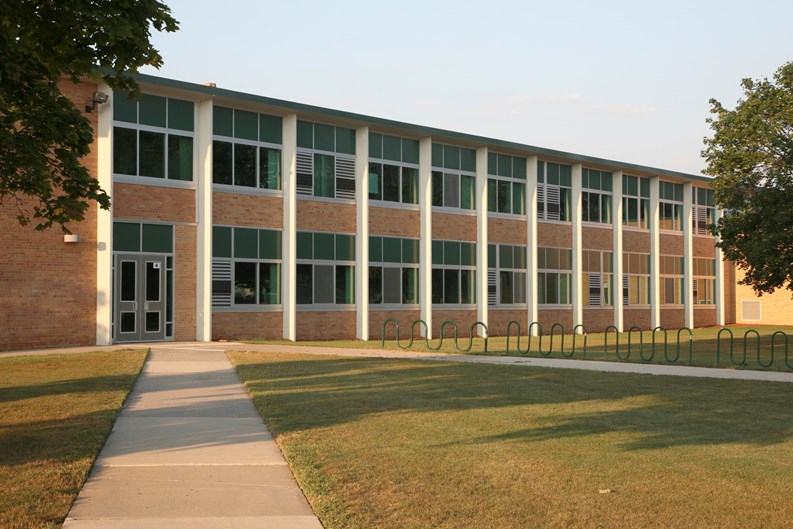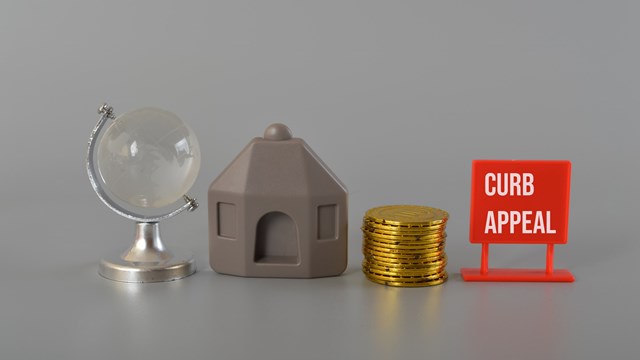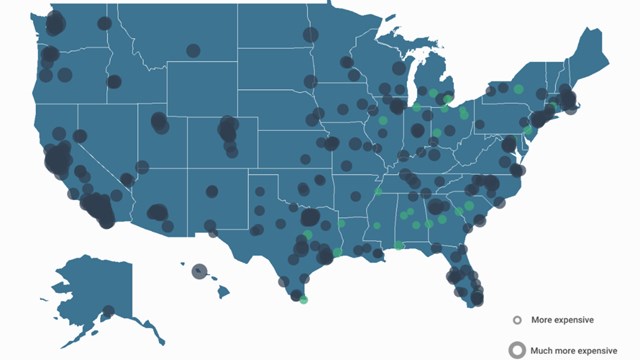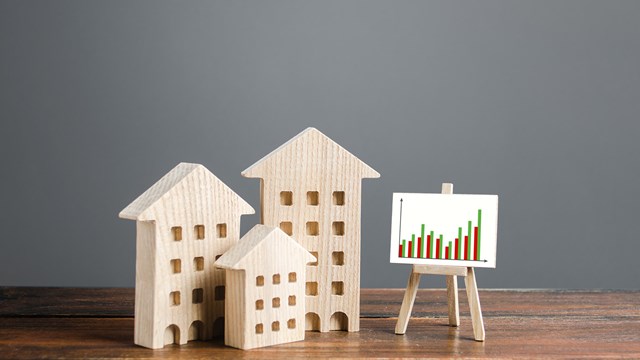There’s much to consider in choosing a co-op or condo in New York City. No one would dispute that school assignment is at the top of that list. While you can renovate a bathroom or kitchen, you can’t change the public elementary school to which your address is assigned. Known in New York City and many other urban areas as your “school catchment,” this factor may be among the most important in making a housing decision.
The Cachet of Catchments
School catchment has become a huge issue in the past couple of years, particularly on Manhattan’s Upper West Side, where overcrowding at some of the neighborhood’s ‘better schools’ and a clear lack of a diversified student body at those same schools has led to the Department of Education to consider a change in the catchment zones. Two schools in particular, P.S. 199 and P.S. 87, both high performing schools, could be impacted by the potential changes. The situation at P.S. 199 has become particularly heated, with some residents in Lincoln Towers claiming that a change in school assignment could seriously affect the values of their apartments.
The Buyer’s Side
“There was a time,” said Larry Lubin, a real estate broker with Klara Madlin Realty, located on the Upper West Side, “when this was a major consideration. New York State guidelines no longer permit brokers to advertise apartments with information about school catchments. We’re not even allowed to talk about it with the client. It’s considered steering.”
Lubin later says that catchment zones change more frequently now than in the past. “While your child is grandfathered in once he or she attends kindergarten, you may find yourself in a different catchment than what you believed you were in when you bought your apartment before your child started school.”
Maya Allan, principal of MAllan NY Homes, a real estate brokerage firm that is active on the Upper West Side, says that often the decision and the relevance of school assignment rests with the individual buyer. “There are some people who will not send their children to private schools regardless of their financial ability. They want their children in a public school environment.”
The Seller’s Side
According to a November 3, 2015 article in Brick Underground, residents in Lincoln Towers expressed their concerns about the change and its potential effect on apartment values and desirability. Nicole, a P.S. 199 parent (who withheld her last name for that article) said that some among the most adamant opponents of the rezoning weren’t public school parents. “They realize that this is a serious issue when it comes to property value. For people who would still be in P.S. 199 it would mean their property values would go up, but for those outside of the zone it would go down.”
Allan relates the case of her neighbor who, when their building catchment was rezoned, moved to get back into their previous catchment. “It all depends,” she says. “It can be a major factor in a housing decision.” With that said, the jitteriness on the part of sellers, even those without children affected by changes in catchment, can be both expected and understood.
Dorothy Somekh, a broker with the Manhattan-based Halstead Property, which is also active on the Upper West Side, believes that the perception of a detrimental effect of school zone change on co-op and condo values in this district is more in the minds of the sellers than the buyers. She maintains that several factors have changed over the past decade that have reduced the importance of school catchment to property value, including shifting demographics.
“Today’s Upper West Side buyer is wealthier than in times past,” she says. “At this price point, many send their children to private schools. With the shortage of available units currently on the market, this really can’t be a consideration.”
A.J. Sidransky is a novelist and a staff writer for The Cooperator and other publications.










Leave a Comment